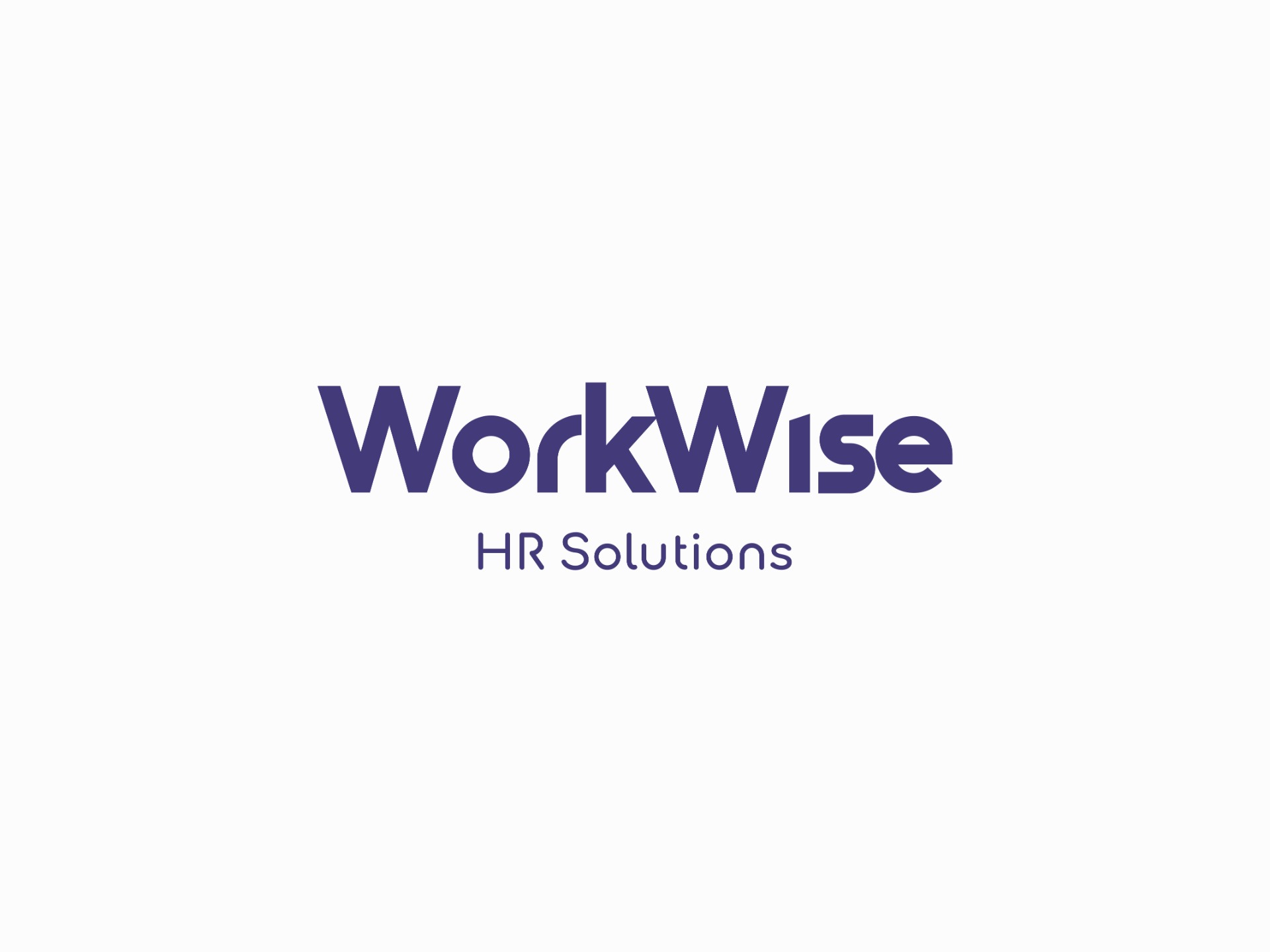The Importance of Fair Procedures in Ireland: A Guide for Business Owners
In the dynamic world of employment, where decisions can profoundly impact employees and businesses alike, conducting investigations with fairness is not just a legal obligation—it's a smart business strategy. For business owners, fair procedures aren't just about avoiding disputes; they are about fostering trust, maintaining morale, and protecting your company's reputation.
Understanding Fair Procedures in the Workplace
Fair procedures in workplace investigations mean ensuring that all parties involved are treated impartially, transparently, and consistently. Whether dealing with allegations of misconduct, grievances, or disciplinary matters, fair procedures help to:
Build trust and confidence in your processes.
Ensure legally sound outcomes.
Protect your company from reputational and financial risks.
At its core, fair procedures are outlined in the S.I 146 Code of Practice on Grievance and Disciplinary Procedures which requires the following 5 principles, commonly referred to the Principles of Natural Justice:
That employee grievances are fairly examined and processed;
That details of any allegations or complaints are put to the employee concerned;
That the employee concerned is given the opportunity to respond fully to any such allegations or complaints;
That the employee concerned is given the opportunity to avail of the right to be represented during the procedure;
That the employee concerned has the right to a fair and impartial determination of the issues concerned, taking into account any representations made by, or on behalf of, the employee and any other relevant or appropriate evidence, factors or circumstances.
Why Fairness Matters for Your Business
Mitigating Legal Risks:
Irish employment law places significant emphasis on fair procedures, as highlighted in many legal cases. If you fail to follow fair processes, decisions—such as dismissals—may be deemed unfair, leading to costly claims.Boosting Employee Morale:
A workplace that values fairness fosters trust and loyalty among employees. When employees see that issues are handled justly, they feel respected and valued, leading to higher engagement and retention.Protecting Reputation:
Mishandled investigations can quickly damage your company's image, both internally and externally. Fair procedures demonstrate your commitment to ethical practices, which enhances your reputation as a responsible employer.Ensuring Sound Decisions:
Impartial investigations lead to better decision-making. Without bias or assumptions clouding the process, you're more likely to uncover the truth and address issues effectively.
Irish Case Law and Fair Workplace Investigations
Irish courts consistently emphasize fair procedures in employment disputes. Here are some notable cases that every business owner should know:
O'Sullivan v HSE [2023] IESC 11
This case involved Professor Ray O'Sullivan, a consultant obstetrician and gynecologist, who was placed on administrative leave by the HSE following allegations of misconduct. The Supreme Court examined the fairness of the suspension process and emphasized that employers must adhere to fair procedures when making such decisions. The court ruled that:Employees must be informed if a suspension is being considered and given an opportunity to make representations before the decision is finalized.
In cases of extreme urgency, where immediate suspension is necessary, the employee should be allowed to present their case as soon as possible after the suspension.
The decision to suspend must be evidence-based and not arbitrary, aligning with the principles of honesty, good faith, and rationality (as outlined in the English case Braganza v BP Shipping Ltd [2015] UKSC 17).
This case reinforces the importance of transparency and fairness in suspension decisions, ensuring that employees' rights are respected while allowing employers to address serious concerns effectively
McGrath v Trintech Technologies Ltd [2005] IEHC 96
This case is a strong example of fair procedures in workplace investigations. The High Court ruled against the employer for failing to follow proper disciplinary procedures when investigating allegations of misconduct. The court highlighted that:
Employees must be given clear details of the allegations against them.
They must have an opportunity to respond to the allegations before any disciplinary action is taken.
Investigations must be impartial and thorough, ensuring that decisions are based on verified evidence
This case serves as a reminder to employers that cutting corners in workplace investigations can lead to findings of unfair dismissal, significant legal costs, and reputational damage.
McKelvey v Iarnród Éireann (Irish Rail) [2019] IESC 79
This landmark case clarified that legal representation is not automatically required during workplace disciplinary processes. The need for such representation depends on factors like the seriousness of the allegations, the complexity of the issues, and the employee's ability to defend themselves. The court determined that the allegations in McKelvey were straightforward, making legal representation unnecessary. Importantly, this ruling overturned the earlier decision in Lyons v Longford Westmeath Education and Training Board, reinforcing the principle that legal assistance is reserved for cases where fairness cannot be ensured due to the complexity or seriousness of the matter.
Nkemba Patrick Okachi v Sodexo Ireland (2023)
This case, heard by the Workplace Relations Commission (WRC), involved a worker who was dismissed following allegations of sexual harassment. The investigation process was found to be flawed, as key evidence—CCTV footage that could have exonerated the employee—was not reviewed during the investigation, disciplinary process, or appeal. Instead, the dismissal was based largely on hearsay evidence.
The WRC adjudicator described the suspension as a "knee-jerk reaction" and deemed the entire process—from suspension to appeal—unfair. As a result, the WRC ordered the reinstatement of the employee with full back pay, a rare outcome in unfair dismissal cases. This case underscores the importance of conducting thorough investigations, reviewing all available evidence, and ensuring fairness at every stage of the process.
This example demonstrates how procedural flaws can lead to significant consequences for employers, reinforcing the need for robust and impartial workplace investigations.
Best Practices for Employers
To avoid potential pitfalls and ensure fair procedures in workplace investigations, consider these steps:
Have Clear Policies in Place:
Establish well-defined investigation and disciplinary procedures as part of your employee handbook. Employees should know what to expect if issues arise.Train Your Managers and HR Teams:
Ensure that those conducting investigations understand the principles of fairness and the importance of confidentiality, impartiality, and consistency.Appoint Neutral Investigators:
Select someone without any direct involvement in the issue to conduct the investigation. This ensures impartiality.Document Every Step:
Maintain a clear record of how the investigation is conducted, including interviews, evidence collected, and decisions made. This not only strengthens your case in the event of a dispute but also ensures transparency.Give Employees the Right to Respond:
Before making any decisions, provide employees with the evidence against them and allow them to present their side of the story.
Moving Forward as a Fair Employer
Fair procedures in investigations are more than just a legal requirement—they're a critical part of good business practices. By prioritizing fairness, you create a workplace culture that values integrity, builds trust, and mitigates risks. For businesses, this means not only navigating challenges effectively but also protecting and strengthening your organization for the future.
Being a fair and responsible employer isn't just about ticking boxes—it's about fostering a workplace where your team knows they'll be treated with respect and equity. With clear processes and a commitment to fairness, you can confidently tackle any investigation, safeguard your employees' rights, and protect your business.
How can we Help?
At Workwise, we understand that navigating workplace challenges can be complex, and we're here to support you every step of the way. Whether you need assistance with independent investigations, handbook and policy creation, or HR advisory services, our expertise ensures fairness, compliance, and tailored solutions that fit your business's needs.

Contact Us: Info@workwisehr.ie

